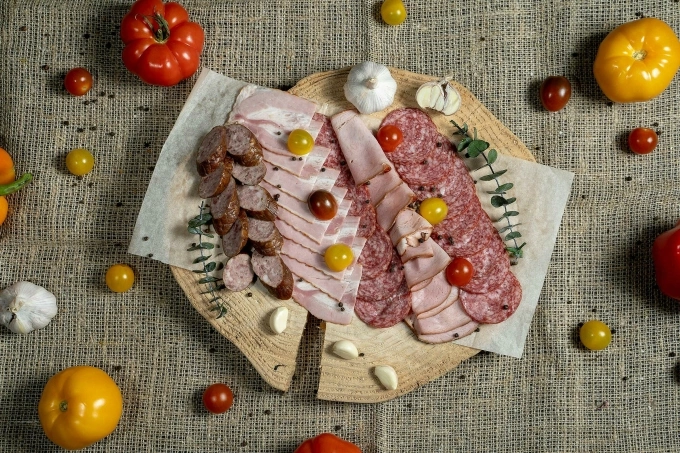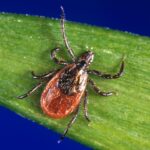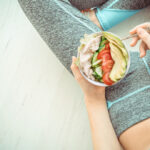Maintaining healthy kidneys is vital for overall well-being. A critical aspect of kidney health involves carefully managing your intake of sugar, fat, and sodium. These dietary components are closely linked to conditions such as diabetes and high blood pressure.
These conditions are, in fact, leading causes of kidney disease. According to the U.S. National Kidney Foundation, certain foods should be avoided or limited to keep your kidneys functioning optimally.
Foods to Limit or Avoid for Kidney Health
Health experts advise minimizing consumption of these five common food items to safeguard your kidneys.
1. Soda: A Major Contributor to Kidney Damage
Soda is widely recognized as a significant contributor to kidney damage. These beverages are loaded with sugar, whether natural or artificial, offering empty calories that directly lead to weight gain. A standard 12 oz. (355 ml) cola can contain approximately 152 calories, with larger servings posing even greater risks.
Studies have consistently linked regular soda consumption to an increased risk of kidney disease, alongside other health issues like osteoporosis, metabolic syndrome, and dental problems. Even diet sodas, despite being lower in calories, contain artificial sweeteners and additives that provide no nutritional value and can still be detrimental. For healthier hydration, choose water, or enhance its flavor naturally with fresh fruit infusions.
2. Processed Deli Meats: High Sodium Risks
Processed deli meats, such as bologna, ham, and salami, are heavily processed and exceptionally high in sodium. Sodium is extensively used in these products to enhance flavor, texture, and extend shelf life. According to Healthline, excess sodium intake directly contributes to elevated blood pressure, which in turn can severely damage the kidneys.
Therefore, it is best to limit their consumption, especially if you have pre-existing kidney disease or diabetes. Instead, opt for fresh, lean alternatives like roasted turkey or chicken breast. Always choose low-sodium and nitrate-free options to better protect your kidney health.
3. Butter: Saturated Fat Concerns
Butter, derived from animal fat, is high in cholesterol and saturated fats. Excessive intake of these fats can significantly increase the risk of developing kidney disease. While margarine is often marketed as a healthier substitute, many varieties may contain harmful trans fats, which also pose health risks. For cooking and spreading, healthier alternatives include oils like canola oil or olive oil. These oils are lower in saturated fat and contain beneficial monounsaturated fats, which are known to support overall kidney function and cardiovascular health.
4. Mayonnaise: Calorie and Fat Density
Mayonnaise is a calorie-dense food that is also high in saturated fats. Just one tablespoon of mayonnaise contains approximately 103 calories. Although low-fat or fat-free versions are available, they often compensate for reduced fat by adding increased amounts of sodium, sugar, and artificial preservatives.
These additives offer no nutritional benefit and can be detrimental to kidney health. A much healthier alternative is plain non-fat Greek yogurt. It is rich in protein and can serve as a creamy, nutritious base for salads, sandwiches, or dips, without the excess calories and unhealthy fats found in mayonnaise.
5. Frozen Meals: Hidden Sugar, Sodium, and Unhealthy Fats
Frozen or pre-made meals, including options like frozen pizza and microwaveable dinners, offer undeniable convenience. However, they frequently contain excessive amounts of sugar, sodium, and unhealthy fats. These highly processed foods can contribute to the development of type 2 diabetes. Type 2 diabetes, in turn, is a major risk factor for the progression of kidney disease.
If you frequently rely on frozen meals, it is crucial to read the labels meticulously. Look specifically for meals that are clearly labeled “low sodium” or “no added sodium.” Furthermore, actively avoid those containing added sugar, unnecessary fillers, or chemical preservatives. For a more balanced approach, always pair these convenient meals with fresh fruits and vegetables to boost nutrient intake.








